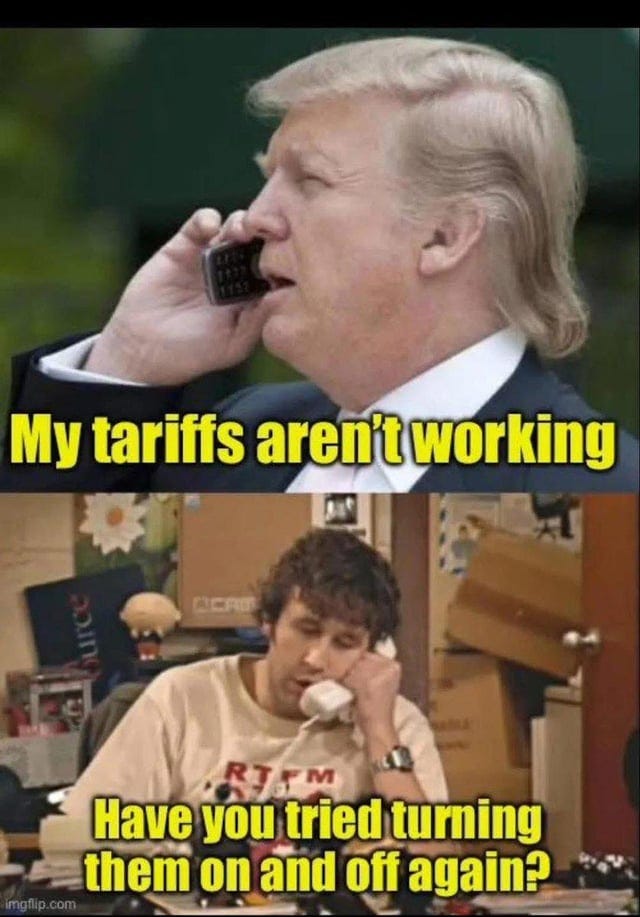Weekly Market Outlook 07/06/2025
Tariff deadline week
Hello traders,
The most significant known event risk for the week is the expiration of the 90-day pause on reciprocal U.S. tariffs on Wednesday, July 9th.
The mechanism is straightforward: on April 9, 2025, the Trump administration announced a temporary pause on nearly all country-specific reciprocal tariffs, reducing them to a 10% baseline to allow time for bilateral trade negotiations. That pause is now set to expire for most countries (China's deadline is later, on August 12th). If no new deal is reached, tariffs will "snap back" to their previously higher, country-specific rates. These rates are substantial, ranging from 26% for India to 37% for Bangladesh and 49% for Cambodia, and could apply to all products from those countries.
President Trump has adopted a hardline public stance, explicitly stating that he does not plan to extend the pause and that his administration would soon begin sending letters to countries notifying them of their new tariff rates, which he suggested could range from 10% to as high as 70%. This rhetoric significantly increases the probability of a market-disrupting event, as it leaves little room for a blanket extension.
The status of negotiations is a complex and fluid patchwork. The U.S. has successfully finalized a deal with the United Kingdom and reached a framework agreement with Vietnam. Intensive negotiations are reportedly ongoing with India, which is seeking an exemption from the 26% rate, as well as with Mexico, South Korea, and others. The Treasury has indicated that countries negotiating in "good faith" may receive extensions, but the criteria for this are unclear. Meanwhile, other major trading partners appear to be on a different track; the European Union seems resigned to facing a 10% tariff, and Japan is reportedly not focused on the deadline, suggesting they expect tariffs to be imposed.
The potential market impact of this deadline is severe. The reimposition of high tariffs poses a dual, stagflationary threat to the global economy. It would almost certainly fuel consumer price inflation as the costs are passed on to consumers, which would be a negative for bonds and a major complication for the Federal Reserve. Simultaneously, it would act as a tax on global trade, dampening economic growth and hurting corporate profits, a clear negative for equity markets and oil demand. This is the single biggest known risk event of the week, and the market's reaction will be swift and significant.
60% of this plan is free and only the weekly levels are paywalled. Realtime Discord access with intraday orderflow summaries is included with the paid newsletter membership . Click here to subscribe.
But First, a quick recap of last week.



